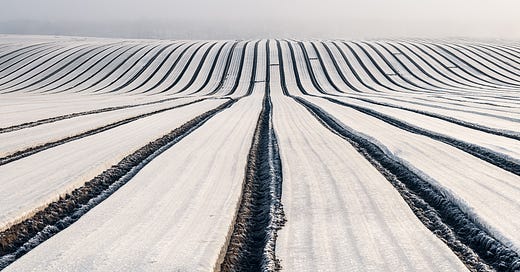What kind of Photographer are you?
Why do we take pictures? What drives us and why does it matter?
Hello, I’m Gill and I write a photography blog inspired by the landscapes of Suffolk and beyond. Please subscribe to read more of my writing and visit my website to view my images.
This week I have been thinking about the reasons I love landscape photography and why, after many years as…
Keep reading with a 7-day free trial
Subscribe to For the Love of Landscapes to keep reading this post and get 7 days of free access to the full post archives.




